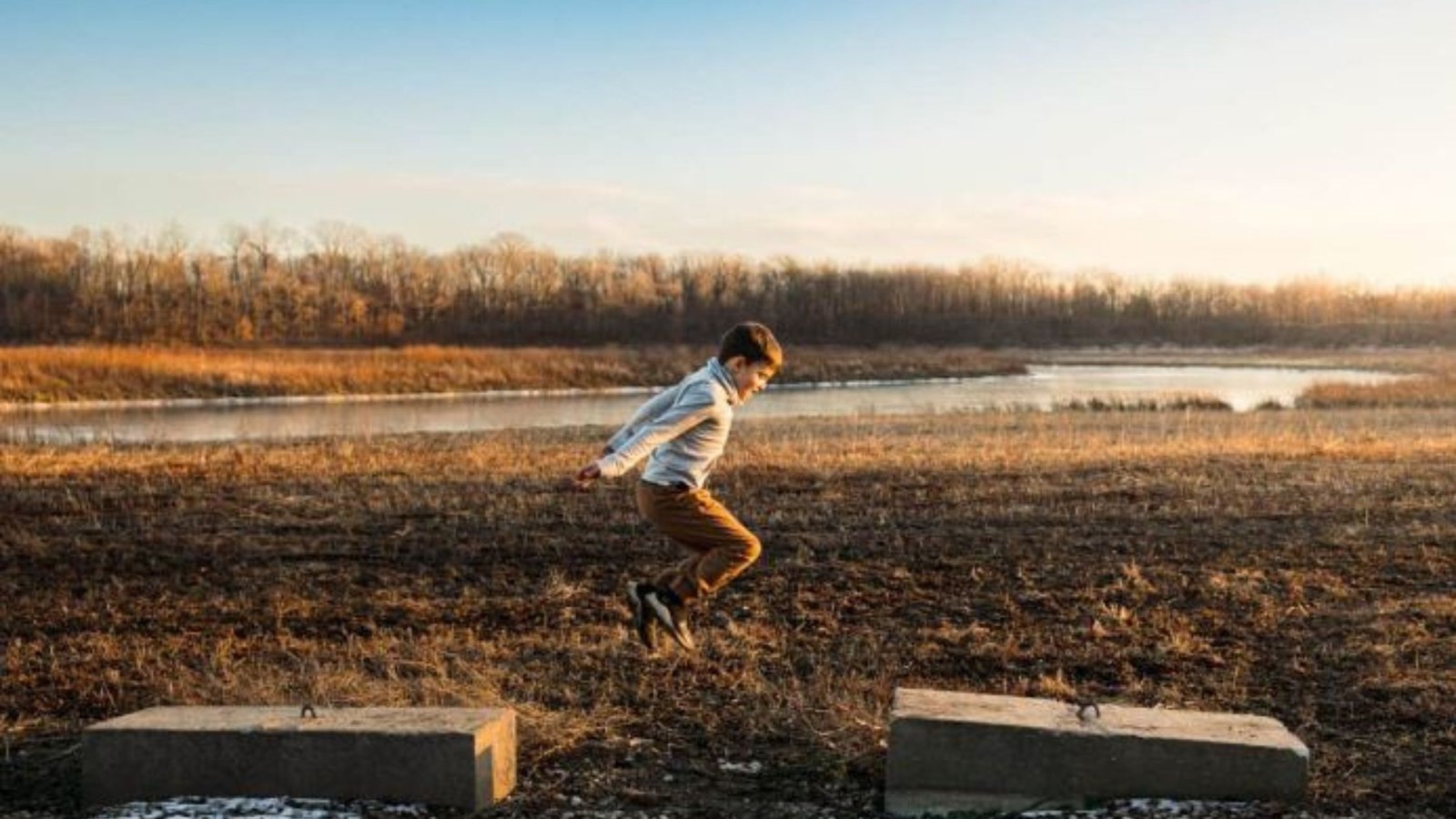Rock climbing and bouldering are two popular forms of climbing that offer distinct experiences and challenges. Determining which is easier depends on various factors, including physical demands, technical skills, mental challenges, and personal preferences. Here’s a detailed comparison to help you understand the differences and decide which might be easier for you.

Physical Demands
Rock Climbing:
- Endurance: Rock climbing typically involves longer routes that require sustained effort over an extended period. Climbers need good cardiovascular endurance and stamina.
- Strength: While overall strength is essential, rock climbing often involves using leg strength to push upwards, with arms and hands providing balance and support.
- Flexibility: Routes can vary widely, requiring different levels of flexibility, particularly on technical climbs.
Bouldering:
- Power: Bouldering involves shorter, more intense climbs, often demanding bursts of power and strength. Climbs usually last only a few minutes.
- Strength: Bouldering requires significant upper body and core strength, as many problems involve dynamic movements and overhanging routes.
- Flexibility: High levels of flexibility are often necessary to complete complex moves and positions.
Technical Skills
Rock Climbing:
- Technique: Rock climbing often involves a variety of techniques, including crack climbing, slab climbing, and face climbing. Climbers need to master different types of footwork and hand placements.
- Rope Skills: Knowledge of rope management, belaying, and knot tying is essential for safety.
- Multi-Pitch Skills: Advanced rock climbing may require skills for multi-pitch climbs, such as building anchors and managing transitions between pitches.
Bouldering:
- Technique: Bouldering focuses on short, often complex problems that require precise technique and body positioning. Climbers need to master dynamic moves, heel hooks, and mantles.
- Safety: While bouldering doesn’t require rope skills, understanding how to fall safely and using crash pads effectively is crucial.
Mental Challenges
Rock Climbing:
- Exposure: Higher climbs can lead to exposure and height fear, requiring climbers to manage their fear of heights.
- Commitment: Longer routes require mental stamina and commitment, as climbers must stay focused for extended periods.
- Problem-Solving: Climbers need to read routes and plan their movements in advance.
Bouldering:
- Intensity: Bouldering problems are often intense and can require overcoming fear of falling due to the dynamic and powerful nature of the moves.
- Short Bursts: The mental challenge in bouldering is maintaining focus and determination through short, difficult problems.
- Problem-Solving: Climbers need to quickly assess and adapt to problems, often requiring creative solutions.
Accessibility and Convenience
Rock Climbing:
- Equipment: Requires more equipment, including ropes, harnesses, belay devices, and protection gear for trad climbing.
- Location: Often requires access to climbing gyms or outdoor locations with established routes.
- Learning Curve: Learning to climb safely with ropes involves a steeper initial learning curve.
Bouldering:
- Equipment: Requires minimal equipment—just climbing shoes, chalk, and crash pads for outdoor bouldering.
- Location: Bouldering gyms are widely available, and outdoor bouldering areas can be easier to access.
- Learning Curve: Easier to start with minimal gear and a faster learning curve for basic movements.
Final Verdict
Determining whether rock climbing or bouldering is easier depends on individual preferences and strengths.
- If you have good power and upper body strength and prefer short, intense challenges, bouldering might be easier and more enjoyable.
- If you have better endurance and prefer longer, sustained efforts with varied techniques, rock climbing might be easier for you.











